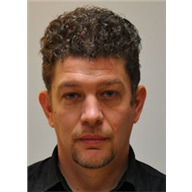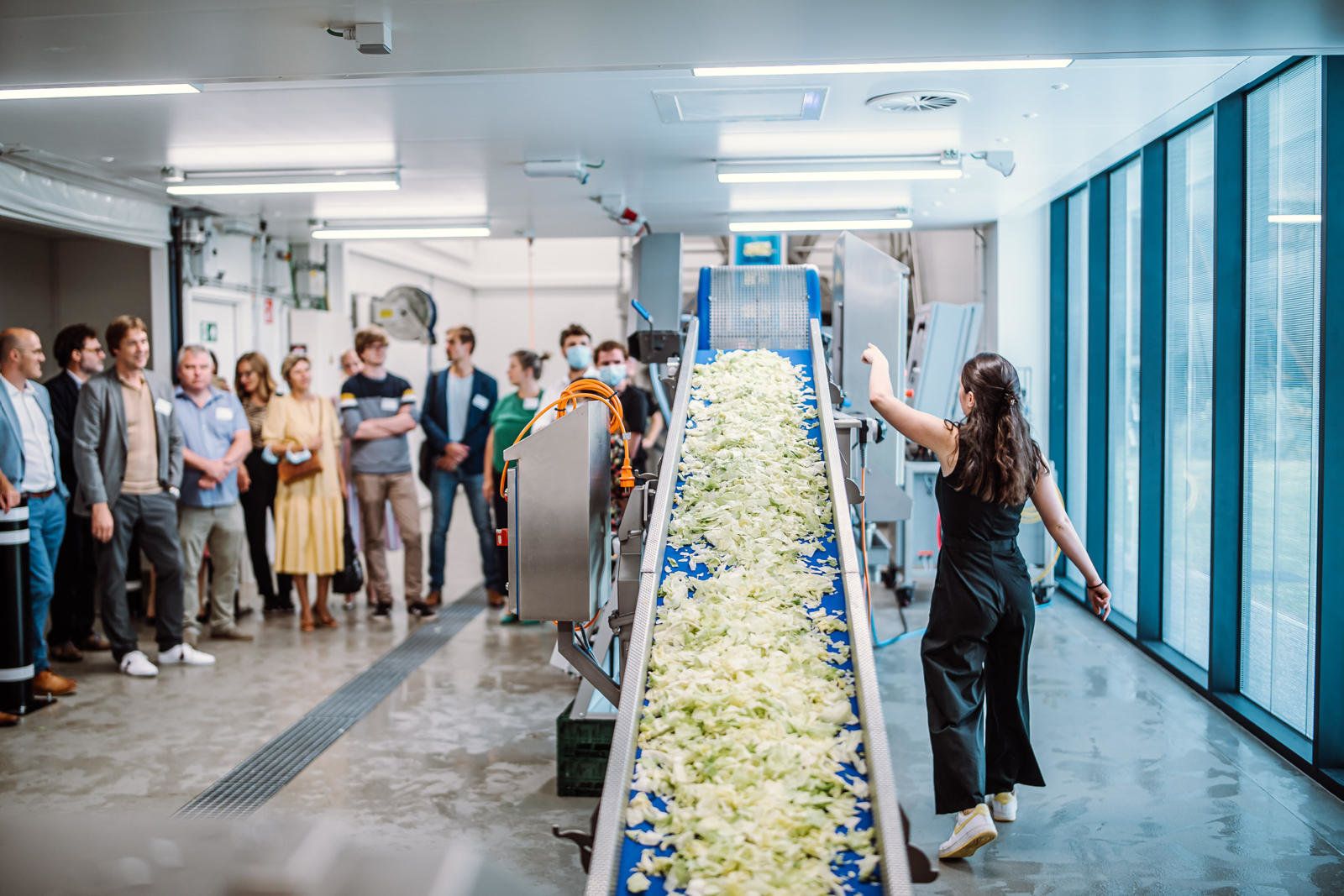Where are the circular opportunities in Flanders?
We are already successful in recycling non-ferrous materials in Flanders. But where is there scope for improvement? We need to improve the collection circuits and boost the associated industrial activity.
Recycling hub for metals
In order to support this transition, VITO is working on projects relating to waste characterisation and recovery of valuable metals from waste and residual flows.
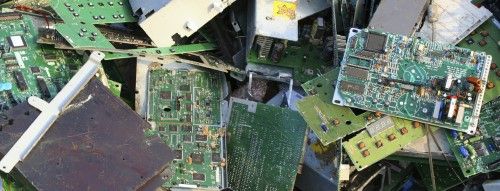
VITO's 'Characterise-to-Sort' technology uses artificial intelligence to determine the physical and chemical properties, composition and value of complex material flows. Work is under way to scale up this technology as part of the Charamba project.
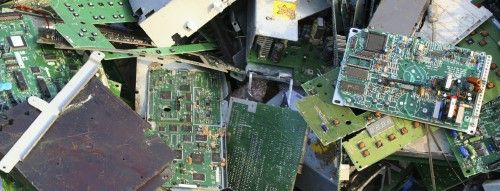
From fossil fuels to renewable raw materials for chemistry
There are already many developments under way in relation to the switch from petrochemical to renewable basic raw materials such as biomass or captured CO2. The big challenge is plastics: an interesting and light packaging material that reduces food waste. However, plastics are made from fossil fuels and tonnes of plastics are incinerated instead of recycled. How do we switch to a plastics loop? We recycle plastics into basic raw materials of plastics and high value chemicals, also known as chemical recycling.
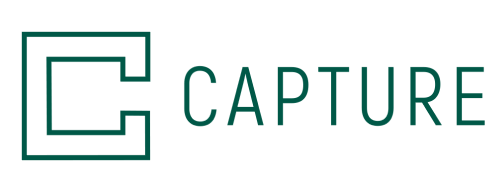
VITO is working on the circular use of CO2, plastics and water as part of the CAPTURE research platform.
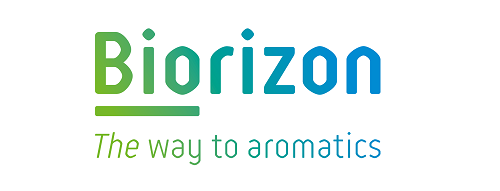
VITO is researching how the chemical industry can obtain its raw materials in a sustainable way from renewable bio-based sources within the shared research centre Biorizon.
Circular construction
In a circular building economy, we use buildings, products and materials efficiently and effectively, with the aim of creating economic, social and ecological added value. We do this by taking into account the existing legacy and future opportunities of our built heritage:
- By selectively demolishing and dismantling existing buildings, we want to recover as many valuable building materials and products as possible and prepare them for recycling and reuse. We call this urban mining.
- By designing and (re)constructing buildings in such a way that they support the changing needs and wishes of users and society, these buildings, and their components and the building materials that were used , can be used for a longer time. We call this change-oriented construction. Where change-oriented buildings are also easy to dismantle, they allow for more opportunities for urban mining activities in the near and distant future.
We still have some way to go in Flanders. That is why VITO is focussing on:
- Identifying systemic bottlenecks and developing ready-to-use and usable knowledge to accelerate the transition to the circular building economy.
- Assisting local, regional, federal and European authorities in developing policy instruments and concrete measures.
- Developing advanced sorting and production technologies to produce high-quality materials from residual flows and construction and demolition waste.
- Supporting companies in their exploration of circular business models and the development of instruments that can facilitate the roll-out of these business models.
- Support companies and governments in evaluating circular building concepts, in terms of circular qualities, environmental performance and financial costs over the life cycle of buildings and building products.
Circular water
In recent years, the water supply in Flanders has come under heavy pressure, due to a combination of rising consumption and increased paving. In addition, climate change means that we are increasingly having to deal with both flooding and drought. In order to evolve towards a more robust water system, it is important to focus on circular water management: using water in the same cycle for as long and as high a quality as possible, reducing the demand for water. VITO helps companies to translate circular principles into concrete opportunities in their business operations. This can be done, for example, by reusing waste water and sharing water with other companies through smart networks. For example, we are part of B-watersmart. These are living labs spread throughout Europe where the reuse of (waste) water is tested. VEG-i-TEC focuses on water research tailored to the potato, fruit and vegetable sector. Companies can call on the research centre to make their processes more sustainable and circular.

